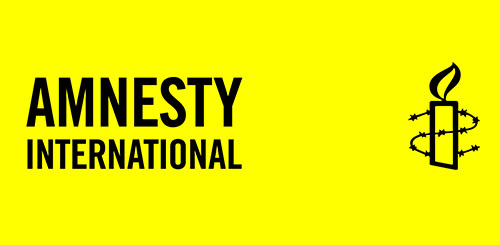Amnesty International strongly welcomes the recent Ontario Superior Court judgement that restricting the ability of Canada Without Poverty, a registered charity, to engage in non-partisan political activities related to its charitable goals of relieving poverty in the country, violates the Charter of Rights and Freedoms.
The court case, which originates in a campaign of targeted audits against numerous charities under the previous federal government, challenged the so-called “ten percent” rule which only allowed charities to engage in a very minimal amount of public advocacy. The distinction between what is permissible and what is prohibited has often been unclear and arbitrary. For instance, while appearing before a parliamentary committee to advocate for reforms to address a charitable organization’s recommendations with respect to human rights, social justice or environmental protection has generally been considered to be permissible, efforts to encourage the public to reach out to their Members of Parliament with that same message are not.
Ontario Superior Court Justice Ed Morgan rules that these limits on non-partisan political activities violate the Charter of Rights’ guarantee of ‘freedom of expression’ and cannot be justified as a necessary limit on those rights under section 1 of the Charter.
“The Canada Without Poverty ruling is good news for charities, for human rights, for democratic process and for Canadian society,” said Alex Neve, Secretary General of Amnesty International Canada’s English Branch. “Charities certainly accept that they must refrain from partisan political activities which explicitly support one political party over another. However, the onerous restriction on engaging in public advocacy under the rule restricting charities to spending no more than 10% of their resources on non-partisan political activities has long been arbitrary and open to abuse. Because it has been vague and unclear it has had a chilling effect on many organizations that simply shied away from public commentary so as to avoid the risk of falling afoul of the restriction.”
“Organizations are granted charitable status so as to work for betterment in our society. Traditionally that was seen as being primarily about service delivery, such as soup kitchens and hospital wards. That is often the immediate relief needed, but long-term, meaningful change comes through public debate and discourse that lays the ground for the reforms that will address or prevent injustice in the first place,” said Geneviève Paul, Director General of Amnesty International Canada’s francophone branch. “That is why charities feel compelled, and should be encouraged, to engage in public advocacy campaigns and other activities. This ruling recognizes there is a Charter-protected right to do so.”
There have been other authoritative calls on the Canadian government to repeal this restriction, including from the United Nations Human Rights Committee in 2015 and the 2017 report from the Consultation Panel on the Political Activities of Charities, appointed by the Minister of National Revenue.
“Amnesty International calls on the federal government not to appeal the Ontario Superior Court ruling and instead embrace it as being consistent with recent UN and expert panel recommendations, in keeping with Canada’s international human rights obligations and, at the end of the day, good public policy,” said Alex Neve.
Amnesty International expresses appreciation and respect for Canada Without Poverty’s tremendous efforts over a number of years in responding to the audit of the organization’s political activities and advancing this ground-breaking court challenge. With the assistance of an impressive legal team from McCarthy Tetrault made up of David Porter, Geoff Hall and Anu Koshal, Canada Without Poverty has set a precedent that should stand as a significant advance in strengthening the vibrancy of democracy and the fundamentals of human rights protection in the country.






















